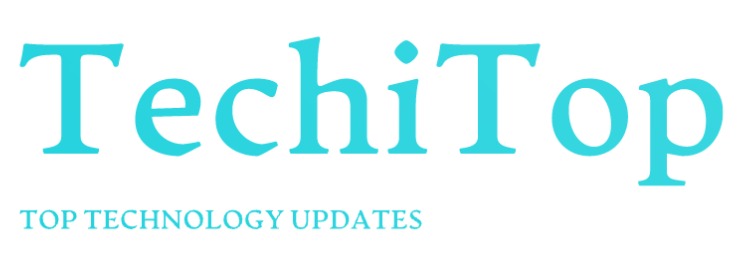Whether you choose to get health insurance via your employer, the government, or through Health Insurance Brokers Denver to purchase your policy, you must consider the premiums, provider networks, drug formularies, out-of-pocket costs, and more. This is especially true if you live in an area where your medical needs change a lot from year to year. Read on to learn how to choose the health insurance that meets your needs and fits your budget.
Cost
Health insurance costs depend on various factors, some of which are within your control and others that are not. Some of these factors include gender, age, and location. Other factors include employer, type of health plan, and pre-existing conditions.
Health insurance costs are likely to increase as income rises, despite the economic conditions. This is because premiums are growing at a faster pace than wages. In 2010, the average family deductible was $8,439, a rise of over six times the rate of worker earnings. By contrast, premiums increased by just 31%. This means that even if an employer-sponsored health insurance plan is more expensive than a private one, it still beats other types.
Benefits
When working for a company, knowing the benefits of health insurance for your employees is essential. In addition to lower out-of-pocket costs, it can provide tax benefits and help you retain employees. Furthermore, a health insurance plan allows people to obtain necessary medical care and prevents serious health problems. By providing health insurance to your employees, you can help them maintain their health and access preventive services that otherwise would be unaffordable.
Purchasing health insurance is an excellent option for many people. Many insurers offer a subsidy for people not covered by their employer, and if they earn 400 percent or less of the poverty level, they can qualify for assistance. In addition, many health insurance plans are offered on private exchanges, including HMOs, PPOs, EPOs, POS plans, and other types. For example, an HMO requires you to use specific physicians and clinics, which means you’ll have a lower out-of-pocket expense. An HMO also has a primary physician who coordinates your care and is generally cheaper than a POS plan.
Out-of-pocket Maximum
An out-of-pocket maximum for health insurance is the amount of money that a policyholder must pay for certain medical services. This amount is different for each policy, but generally, a person’s out-of-pocket expenses should not exceed 30% of the total cost of a covered medical service. In addition to your deductible, you must pay coinsurance if you have a higher out-of-pocket maximum than your insurance company will cover.
While out-of-pocket maximums can be confusing, they can be an excellent benefit for your family. They can quickly cover expensive medical treatments and procedures that might otherwise leave you in debt. It’s well worth the monthly premium expense if you don’t have to worry about unexpected medical costs. However, it’s crucial to understand your coverage to maximize its benefits.
Cost of HMO
An HMO health insurance plan is a type of medical insurance that covers care only at doctors or hospitals in the network. Because HMO plans are less expensive than PPOs, they often have lower monthly payments. An HMO health plan is ideal if your favorite doctor is already in the network and you generally receive most of your care at home. However, some members may find that the co-payment is too high. To avoid this situation, consider enrolling in a different type of health insurance plan.
While HMOs have lower premiums than PPOs, they tend to have stricter rules and limitations. While this might turn off some individuals, HMO plans are also less flexible. However, HMOs are an excellent option for those who value cost savings. There are several reasons why people choose HMO plans.
Buying on Your Own
Buying health insurance on your own can be an excellent way to save money. Depending on your income, you can qualify for free or low-cost plans. Also, check if you qualify for tax premium subsidies, which lower the cost of coverage. There are many types of plans, including high-deductible and low-cost plans. While high-deductible plans are the most expensive, they are generally the most protective against the financial burden of unexpected health costs.
Employer-sponsored health plans are one of the most common options. They include doctors and hospitals that you know and trust. However, they also have the advantage that you can make pre-tax contributions to your health insurance plan, lowering your taxable income. Individual policies can be costly and flexible and can also be more limited in benefit options. If you’re an employee, consider enrolling in a group health insurance plan before switching.
